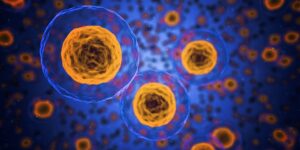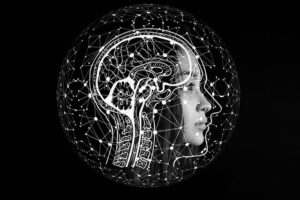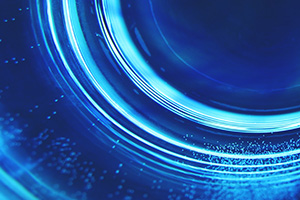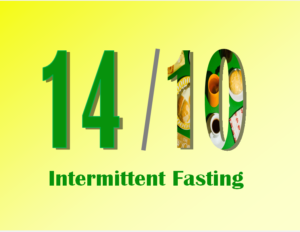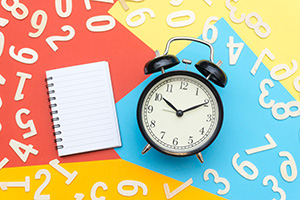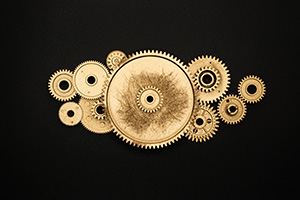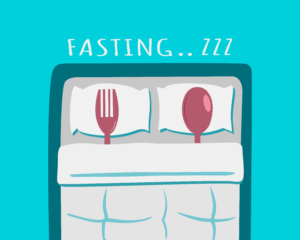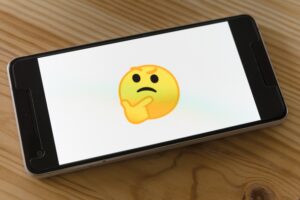What is the relationship between electrolytes and fasting? This article will discuss what electrolytes are and why they are important, especially regarding fasting. Then, this article will cover how we get electrolytes from the foods and drinks we consume.
Women Who Fast content is for informational purposes only. It is not intended for health or medical advice. It does not replace health or medical advice or treatment from a physician. Readers should consult their doctor or a qualified healthcare professional for specific health concerns or questions. Users will use the information provided in this article at their own risk.
Women Who Fast is a participant in the Amazon Services LLC Associate Program, which means we receive a commission if you purchase through our links at no extra cost to you.
What are electrolytes?
MedlinePlus gives a straightforward definition of electrolytes: Electrolytes are minerals in your blood and other body fluids that carry an electric charge.
Explained another way by MedicalsNewsToday: Many automatic processes in the body rely on a small electric current to function, and electrolytes provide this charge.
But what are minerals? Dr. Sten Ekberg is an excellent resource if you want to get into some nitty-gritty details about electrolyte minerals. He explains the definition of minerals like this: Minerals are an element made of a single atom found on the periodic table or a combination of different chemical atoms.
Interesting fact: There are over 5,500 different kinds of minerals found in the earth, plants, animals, and humans. That’s too many for my brain to learn about! So, I’ll focus on the most common electrolyte minerals essential to human health.
The four main electrolytes we hear about most often are calcium, magnesium, potassium, and sodium. Let’s discuss the importance of each of these in the next section.
Why are electrolytes important?
Quoting Dr. Sten Ekberg, “Electrolytes have to do with everything that has to do with fluid balancing and signaling in our bodies.” I think that nicely sums up the importance of electrolytes. They’re the movers and the shakers in our systems.
Here are some of the functions the electrolytes: calcium, magnesium, potassium, and sodium are responsible for.
Calcium supports bone health, aids in muscle contraction, blood clotting (to heal a cut, for example), and secretion of hormones. In Dr. Sten Ekberg’s video about minerals & electrolytes he reminds us about the type of calcium that is good versus the type of calcium that is not good for us. If you need to supplement with calcium (please always confer with your doctor), calcium lactate is a better choice than calcium carbonate (which is basically chalk!)
Magnesium aids in muscle contraction, metabolism, and neurological functioning. Many people are deficient in magnesium, and Vitamin D can only be metabolized with sufficient magnesium levels, which makes magnesium a very important electrolyte for us to keep tabs on.
Sodium is one element responsible for maintaining fluid balance in the body. Too much salt can cause fluid retention, but not enough salt can cause you to become dehydrated.
Potassium is necessary for the normal functioning of all cells. It helps regulate blood pressure, aids muscle and nerve function, synthesizes protein, and metabolizes carbohydrates.
What is the relationship between electrolytes and fasting?
If you aren’t familiar with intermittent fasting, please read How To Start With Intermittent Fasting.
Experts agree that intermittent fasting is not for everyone. Please read our Terms of Use.
Many people are already low in some of the electrolytes even before beginning a fast. So this information might be helpful whether you’re fasting or not fasting.
However, fasting can cause us to lose magnesium, potassium, and sodium. Reference from Thomas DeLauer in this video, Fasting 101: Do Electrolytes Break a Fast or Help? This is why it’s even more critical to consider electrolytes in your overall health plan if you practice intermittent fasting.
If you experience a headache, fatigue, weakness, and/or brain fog, it could be that you’re low in some electrolytes. Please always consult with your doctor if you have any symptoms that persist or concern you.
Where do we get electrolytes?
We can get calcium, magnesium, potassium, and sodium from food.
Here are a few examples of foods that have these electrolytes:
Calcium: almonds, milk, collard greens, spinach, kale, cheese
Magnesium: spinach, lima beans, pumpkin seeds
Potassium: apricots, broccoli, spinach, oranges, apricots, prunes
Sodium: salt (sea salt is less processed and likely retains some trace minerals), pickles
Incorporating foods with these electrolyte minerals is one way to get what we need. But, some foods are grown in soils depleted of many minerals. It’s a bummer that we can’t always count on getting what we need from our food. But, we can find good sources for supplementing if needed.
Dr. Sten Ekberg has created an electrolyte powder supplement with no sugar and is free of GMO and potential allergens like shellfish, tree nuts, and peanuts. euLyte has optimal amounts of sodium, potassium, and magnesium and includes calcium lactate and trace sea minerals. This electrolyte powder is our favorite in my house. It tastes great and feels so refreshing when we drink it! It’s our go-to when we’re feeling sluggish and need extra energy.
LMNT and Dr. Berg’s brands of electrolytes are also excellent.
I hope this article was helpful regarding the dynamics of electrolytes and fasting. Or simply the importance of electrolytes in general.
All the best to you!





